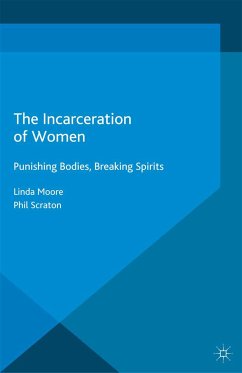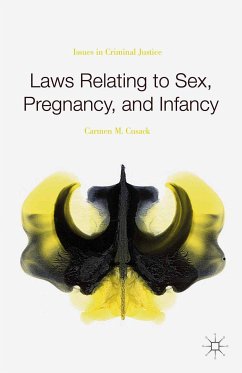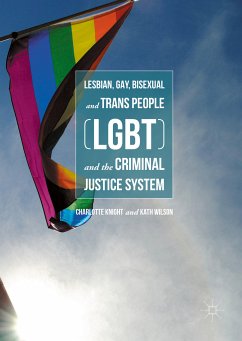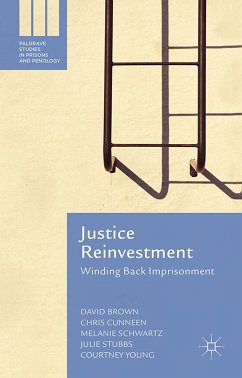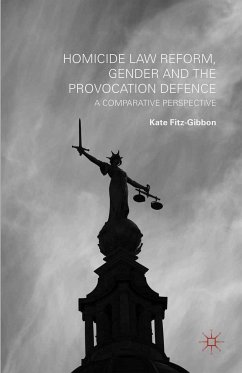
Homicide Law Reform, Gender and the Provocation Defence (eBook, PDF)
A Comparative Perspective
Versandkostenfrei!
Sofort per Download lieferbar
72,95 €
inkl. MwSt.
Weitere Ausgaben:

PAYBACK Punkte
36 °P sammeln!
This book critically examines the operation of the partial defence of provocation in a range of comparative international jurisdictions. Centrally concerned with conceptual questions of gender, justice and the role of denial in the criminal justice system, Fitz-Gibbon explores the divergent approaches taken to reforming the law of provocation.
Dieser Download kann aus rechtlichen Gründen nur mit Rechnungsadresse in A, B, BG, CY, CZ, D, DK, EW, E, FIN, F, GR, HR, H, IRL, I, LT, L, LR, M, NL, PL, P, R, S, SLO, SK ausgeliefert werden.



